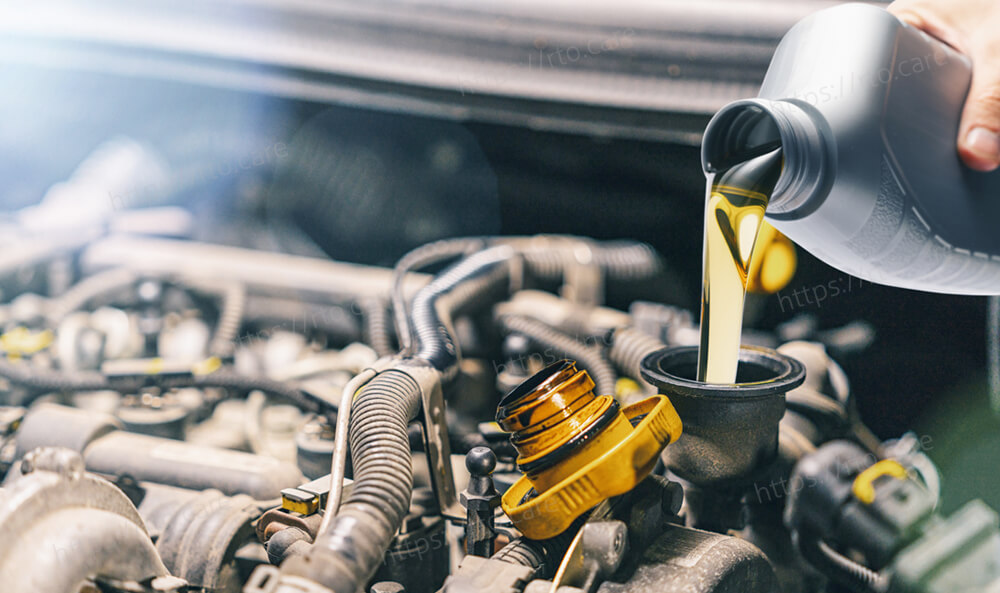Ways to maintain the health of your car's engine
Use the following behaviors to stop your car's engine from overheating.
1. Continually monitor the coolant level
This is a practical habit to develop to prevent your car's engine from overheating. You may always add fluid by checking the amount of coolant in the radiator. It is the simplest method for avoiding engine overheating. To check the coolant level in the radiator, however, wait until the engine has cooled.
2. Limit the use of the AC to lower engine pressure
After turning off the air conditioning, you may also open the windows and turn on the warmth. This strategy will enable the engine's heat to escape into the atmosphere via the cabin. While this procedure is somewhat unpleasant in the summer, it does allow you to continue travelling without having to worry about an overheated engine.
3. Pay attention to the temperature display.
Don't forget to use the temperature indicator to monitor the engine's condition during extended drives. Depending on the type of vehicle you drive, it can be a gauge or light on your dashboard.
You may control the speed or make periodic stops by monitoring the engine temperature to prevent overheating.
4. Continue the radiator cleansing cycle.
Maintaining the ideal coolant level in your car is not enough; you also need to replenish it sometimes. Radiator flushing, a procedure that entails emptying the radiator's coolant, can do this.
The radiator may be flushed by a qualified technician at your usual service location. Before adding the fresh coolant, make sure the mechanic thoroughly cleans the radiator lines. The engine coolant will operate at its best if this is done frequently.
5. Frequently check the thermostat.
The thermostat is another item that has to be frequently inspected. In this manner, you can keep a steady flow of coolant by quickly fixing any small thermostat issues.
6. Examine the radiator cap for any damage.
The radiator cap also has an impact. A damaged or loose cap results in a pressure differential that affects liquid flow. This cap has a spring inside that weakens with time. In order to prevent overheating caused by pressure variations, you should get it changed whenever necessary.
7. Upgrade your vehicle's battery.
To provide the necessary power, an outdated automobile battery must exert more effort. In order to supply energy, weak batteries must be constantly recharged, which causes the engine to heat up excessively. The engine may overheat as a result. A professional should examine the battery in your vehicle. If it is time to swap out the old battery for a new one, he will let you know.










